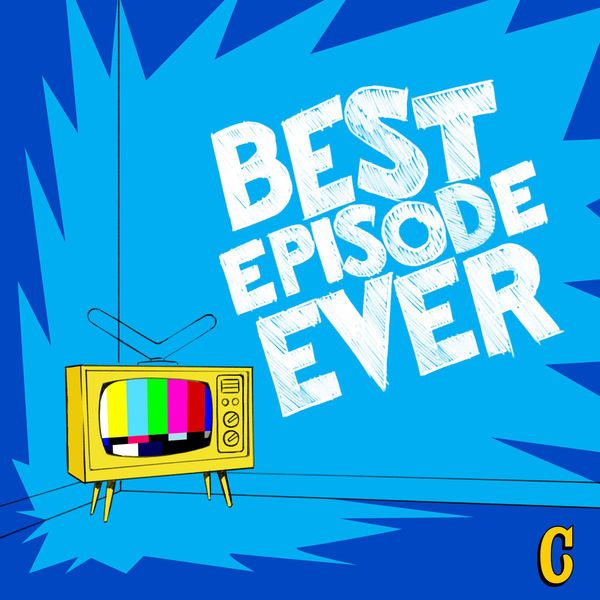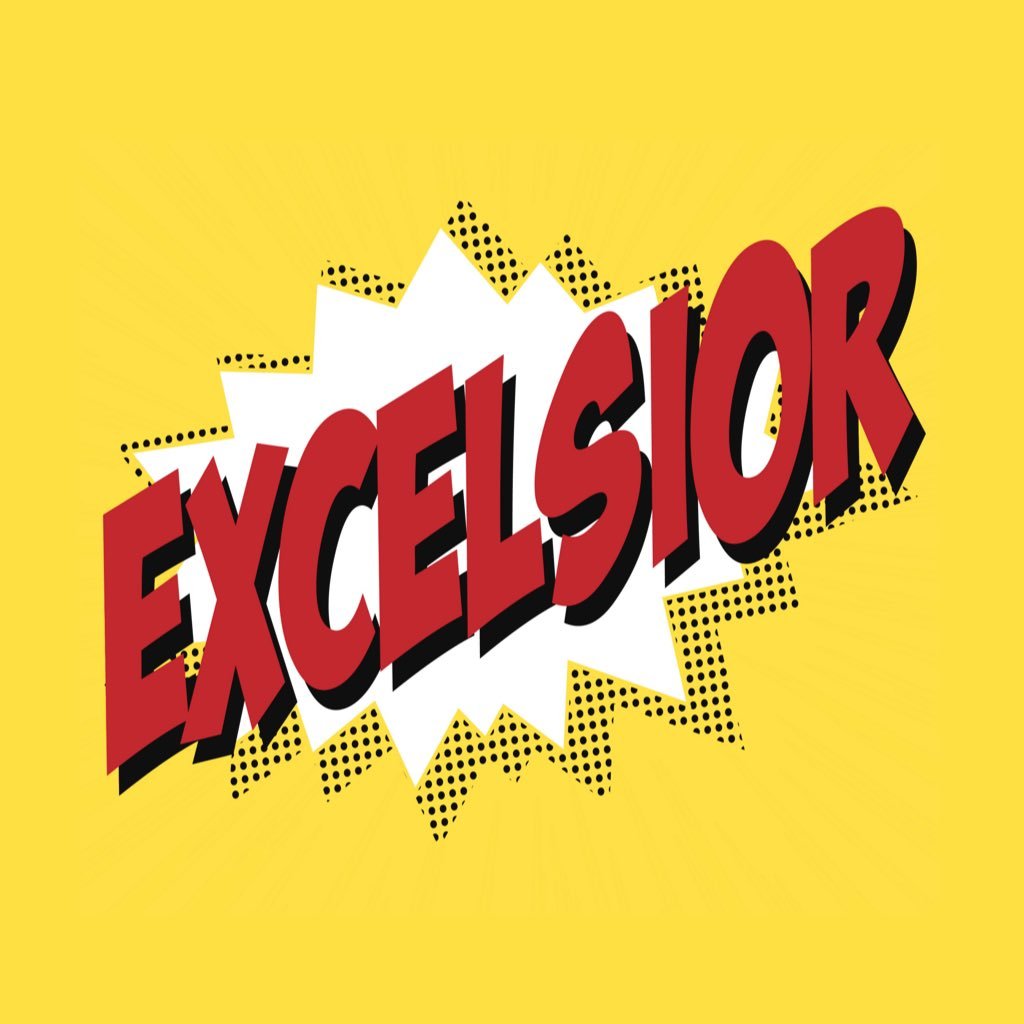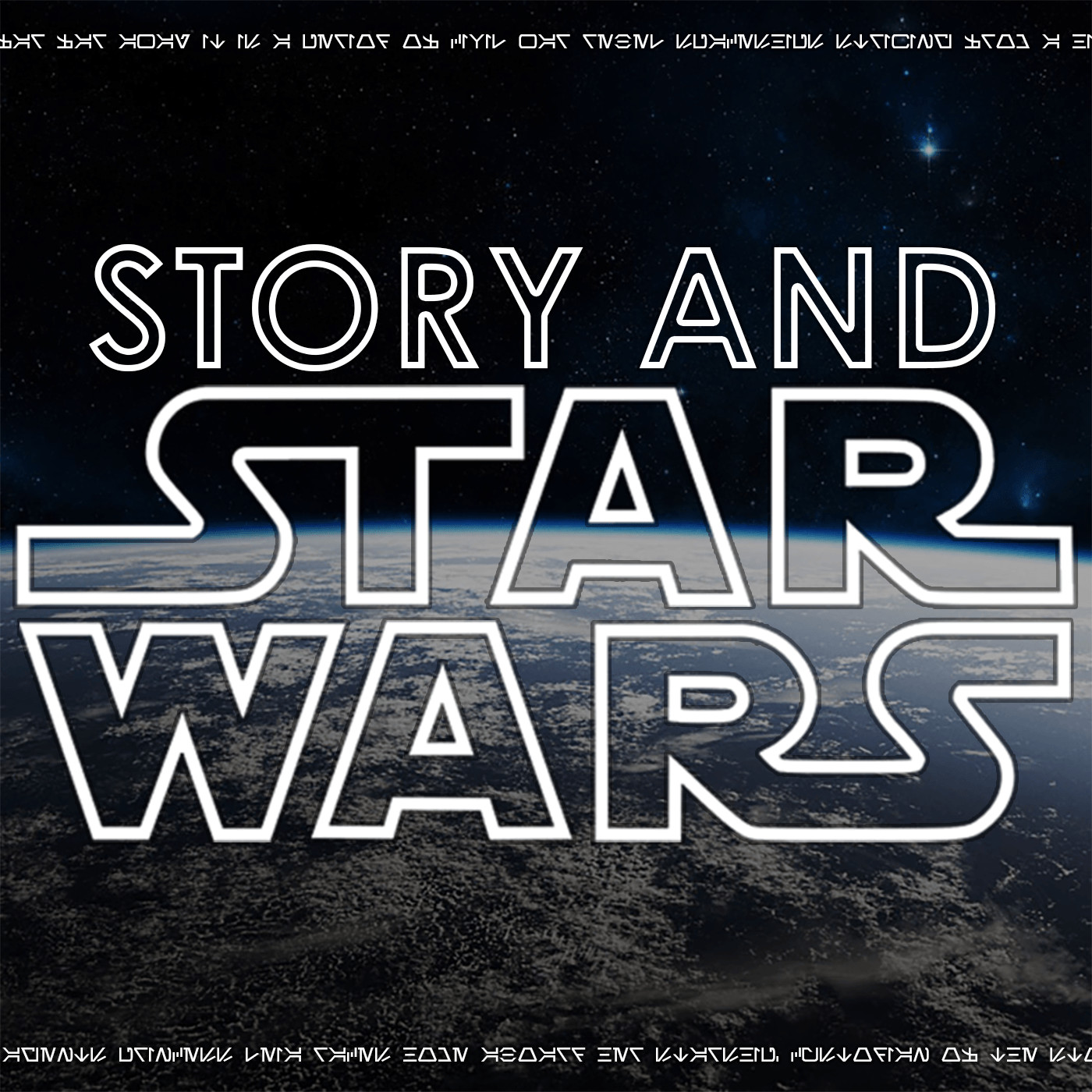During an episode of the podcast “Dirty Rotten Church Kids,” a listener wrote in and asked for advice on how to date after growing up in purity culture and deconstructing your faith. The hosts did that thing where they said, “I’m so glad I’m partnered off; I probably wouldn’t survive dating now!” This is an entirely unhelpful answer, so I’ve decided to share my thoughts.
How to Date if You Hate Dating Apps
It’s 2021, kids, and that means that the most likely way you’re going to meet someone dateable is through a dating app. If that idea causes you intense anxiety (as it did me), here are alternative suggestions:
- Use the internet, but differently. I met my girlfriend because we both joined the same Meetup group “Nerdy Ladies of Vancouver.” Putting myself out there in a social context was way easier for me than if there had been a romantic expectation. So search for events in your area (this is key if you want to avoid falling in love with someone who shares your interest but lives on the other side of the planet) and try new things. It could be a cooking class, a D&D group, or a sports watching event. Obviously, COVID caveat. Stay smart, folks.
- Say yes to everything. If you want to meet new potentially dateable people, you’ve got to be around new people. So when your coworker invites you to a hike, say yes. If your friend invites you to a birthday party that involves all of her social circles, say yes. This can lead you down a rabbit hole of new friends, new social groups, and new people to chat up and date.
Prioritizing Shared Values, Not Shared Beliefs
Okay, let’s assume you’ve found someone you want to date. Now what?? You’re a formerly intense religious person who is torn between wanting someone who understands what you’ve been through and wanting someone who doesn’t carry the same baggage. I think this is a very personal decision, and I can only speak to what worked for me. I wanted to date someone who would challenge me and bring new ideas to the table, but who was respectful and interested (as well as interesting). So here’s some advice if you also find yourself in that camp.
There is probably a lot of morality and high standards still rattling around in your head, despite your best efforts to be accepting and open-minded. It’s hard to turn off all the judgment, both of yourself and of others. And no matter how ridiculous you think the idea of “unequally yoked” is, maybe a part of you worries that a difference in beliefs is insurmountable. Honestly, I do think it’s a good idea to find someone who is on your level. I just think what that means is slightly different.
I was always taught that you had to partner with someone who shared your exact beliefs, or else the relationship would fall apart. I don’t think that’s exactly true. I would instead say that it is very important to find someone who shares your same values. If you value integrity and honesty, you’re going to be annoyed and disappointed if you date someone who doesn’t. For me, it was important to be with someone who valued kindness, generosity (bonus points that we both struggle with it but want to be better), community, and personal growth. Although my girlfriend and I don’t share the same wordy beliefs, the emotion and drive underlying those beliefs is the same.
Additionally, sharing the same values enables you to have those hard conversations about differing beliefs. When discussing our shared value of generosity, I can tell Rachel about tithing and the lessons I learned in the church about giving to others first. She can tell to me about Stoic beliefs in resisting materialism. We can appreciate each other and learn from each other because we trust the shared value will lead us to respecting the resulting belief.
Coming Out as Christian
Okay, one last piece. If you’re anything like me, you probably have some shame rattling around in your head about how self-righteous you used to be (haha, let’s be real, still are!). If you’ve got friends and dating partners who aren’t Christian, it’s probably going to feel very embarrassing to come out to them as a former missionary. I get it!
I was once hanging out with my big gay group of friends, floating in inner tubes on a lake, when we noticed nearby a small group of people performing an outdoor baptism. My friends joked, “Run away! It’s a cult!” and I felt SO caught in the middle. On the one hand, I knew their anger and distrust was real. I grew up with Christians ostracizing, belittling, and second-class citizening gay people. On the other hand, I was baptized, and I knew the power of symbolically dying to yourself and starting a new life full of possibility, community, and hope. In my fear and confusion, I stayed silent.
It took nearly a year before, ironically, I came out to my gay friends as a still-kinda-Christian exvangelical. It felt just as amazing and freeing as when I came out as queer to my Christian family. And the rewards were just as sweet. I found out that one of my friends knew all the words to Veggie Tale songs, and another opened up to me about the conversion therapy he went through. An atheist friend started listening to the Bible story podcast I make with my girlfriend, and he was super into learning the ins and outs of stories he’d always discounted. I didn’t have to hide any part of myself, and it turned out people had thoughts about spirituality that wouldn’t have been brought up if I hadn’t opened the door.
Whether with friends or with dating partners, intimacy requires vulnerability. Those of us who have – or especially those who are still in the the process of – deconstructing our faith can find it hard to share our pasts with others for fear of judgment or misunderstanding. After all, how are we supposed to explain the good and the bad of growing up evangelical if we can only barely explain it to ourselves? But it’s necessary, especially in a dating relationship. You’ve got to know and be known, as awkward as it can sometimes be.
It’s worth it. Dating after deconstructing your faith can help you reach the integration that you crave. Sharing Bible stories with my girlfriend meant that on a lazy river, she got caught in the reeds and then yelled, “Look! I’m baby Moses!” and spun to see if I noticed her Bible reference. It meant getting to cry with my partner on Easter because it still felt meaningful, but I didn’t know what to do with it. It meant saying, “Nope, you can’t make fun of that, it’s too personal.” It meant talking and talking and talking, growing closer and deeper as we find our spiritual footing together.
I know I’m lucky. Not everyone that you date will be accepting of your past or will want to take on that baggage. Totally fair! But there will be people out there who are up to the task, and you owe it to yourself to step out and try.



 1|
1|  2|
2|  3|
3|  4|
4|  5|
5|